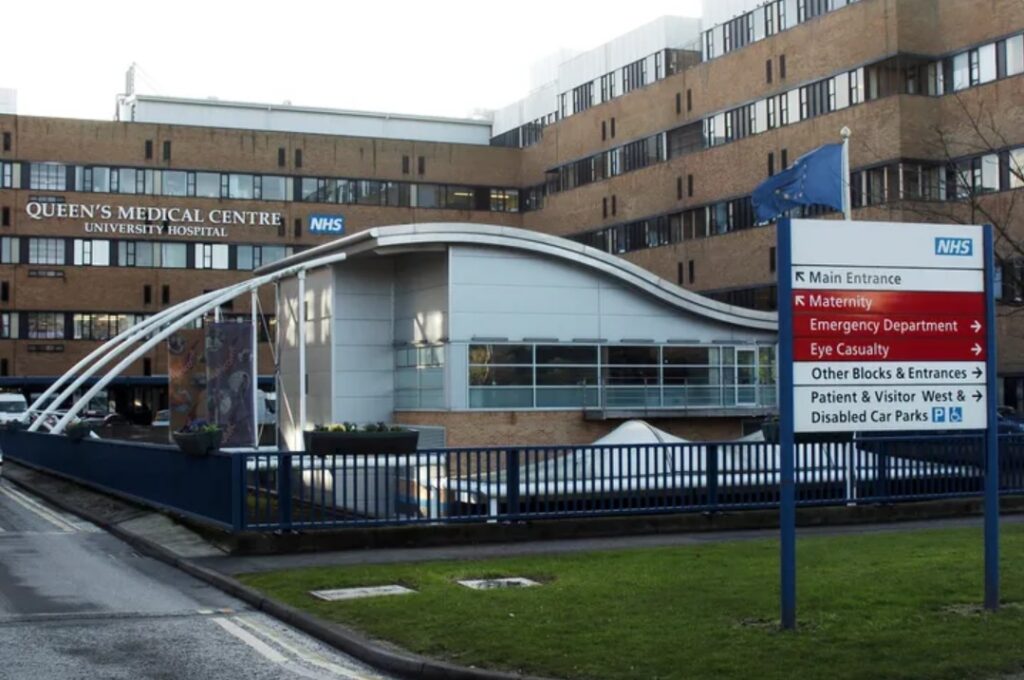
I read an inspiring interview in Health Service Journal last week with the fairly recently appointed chief executive of a large NHS Trust facing a massive turnaround challenge. Anthony May, recruited last year to Nottingham University Hospital following many years as a successful chief executive of a large local authority spoke of the importance of providing the organisation with “hope” and of his visibility throughout the Trust. He also commented that the problems faced by the organisation had resulted in it spending too much time looking inwards and that it now had to rebuild relationships with its stakeholders. This resonated with my experience chairing to two NHS organisations through turnaround where I worked in support of two outstanding chief executives. A sense of hope and what I recall describing to colleagues as “something to believe in” is part of the “Dark Matter” that makes organisations more than the sum of their parts. And these are things that can only be created and communicated by a leadership team who are highly visible.
It has taken a few days for me to find time to blog about the interview. Returning to the on-line interview, I discover that it is now accompanied by a dozen or so comments from May’s colleagues. They are all anonymous (which enhances rather than diminishes their credibility) and all clearly come from within NUH. Some are very supportive. All confirm the scale of the task confronting May and the Trust. Some more sceptical, although they suggest an impatience in the delivery of the turnaround – but, as another comment points out, given the toxicity of the culture that May has come into it seems unreasonable to expect a turnaround to be completed overnight. Other comments have descended into a mudslinging between front-line and support services staff, only confirming the cultural challenge. Others display a degree of cynicism: one expresses this in a constructive tone, remarking “Always conscious a few quotes could be taken out of context but CEO needs to be careful here he doesn’t look to subscribe to the ‘great man/heroic leader’ school of management. Always implodes in due course.”
The commentators also remark on the intrinsic challenges that NUH faces because of its size, its spread across multiple sites, and its complexity. They also comment on the distraction provided by past M&A activity, regrettably something that has been, and continues to be in fashion in the NHS (many years ago I undertook an analysis that suggested an inverse correlation between NHS trust size and both financial performance and quality of care), and is consistent with most of the work undertaken in the private sector suggesting value destruction from M&A).
The delay in writing this blog piece is fortuitous. My enthusiasm for Anthony May’s comments is undiminished, but the comments highlight the challenge he faces and the need for him to sustain his effort and commitment as he has a long, hard road ahead. I wish him well.